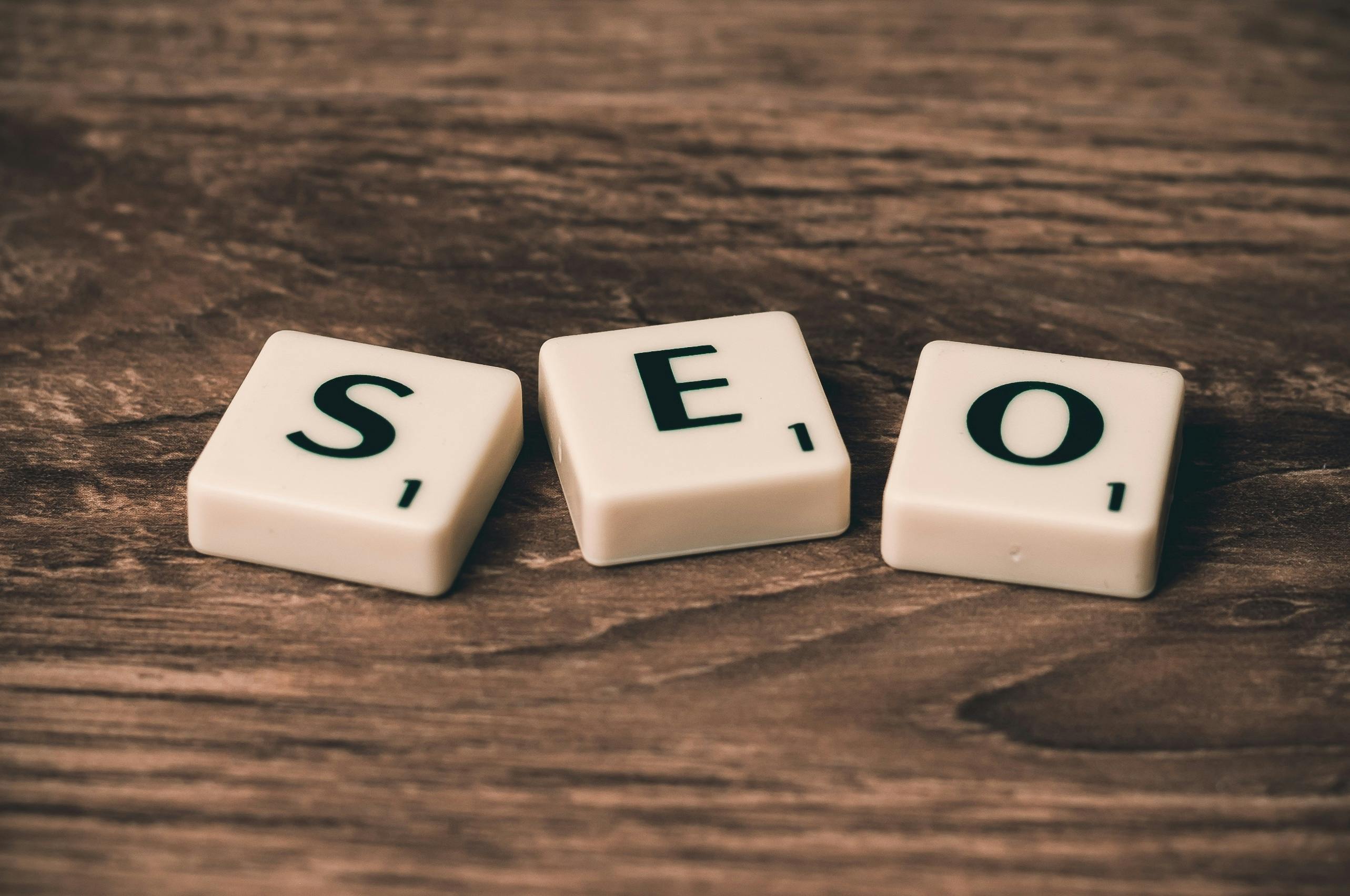Ethical AI Use in Content Marketing: A 2025 Roadmap
Marketing Tips
Ethical AI Use in Content Marketing: A 2025 Roadmap
As AI continues to reshape how we approach content creation, marketers must not only focus on efficiency—but also ethics. In 2025, ethical AI is no longer a buzzword. An essential requirement. As we integrate powerful AI marketing tools into our workflows, the responsibility of ensuring responsible AI use becomes central to any successful digital strategy.
This roadmap explores how brands can leverage AI in content marketing without compromising authenticity, transparency, or audience trust—especially with platforms like Lobster Lead leading the charge in responsible, AI-powered growth.
Why Ethical AI Matters in 2025
The rise of AI-generated content has sparked both innovation and concern. AI content ethics covers issues such as misinformation, data bias, transparency, and the over-automation of human communication. In 2025, brands are expected to:
Clearly disclose AI-generated content
Avoid reinforcing stereotypes through algorithmic bias
Respect data privacy and user consent
Preserve brand authenticity despite automation
Ethical AI practices are not just about what tools you use, but how you use them.
The Role of AI in Content Marketing Today
AI can do more than generate text—it can analyze trends, personalize content at scale, and optimize for search engines. But automation without intention leads to noise, not value.
With tools like Lobster Lead, marketers gain access to advanced AI marketing tools that prioritize both performance and ethics. Lobster Lead, for example, enables:
SEO-optimized blog creation using real-time search trends
Smart keyword suggestions aligned with ethical content standards
Brand-safe content generation with a human tone
This kind of AI in content marketing respects both the algorithm and the audience.
Best Practices for Responsible AI Use
To ensure responsible AI use in your content marketing strategy, follow these guidelines:
Keep a human in the loop. Maintain human oversight. AI-generated content must be thoroughly reviewed, refined, and customized to ensure accuracy and relevance
Disclose when content is AI-generated. Transparency builds trust.
Align AI content with brand values. Avoid tone-deaf messaging or culturally insensitive outputs.
Use tools with ethical frameworks. Choose platforms—like Lobster Lead—that implement safe design principles.
Boosting SEO with Ethical AI Tools Like Lobster Lead
One of the major benefits of SEO with Lobster Lead is combining ethical practices with high-ranking performance. The platform helps marketers:
Identify relevant keywords without clickbait tactics
Create content clusters that support semantic search
Monitor audience response to AI-generated content
Optimize headlines and meta descriptions responsibly
It’s possible to scale content without sacrificing authenticity or ethics—and Lobster Lead proves that.
The Future of AI Content Ethics
Looking ahead, we can expect stricter regulations, smarter algorithms, and more conscious consumers. Brands that embrace ethical AI practices early will have a strategic advantage—not only in SEO rankings but in reputation.
Ethical AI isn’t just about avoiding mistakes—it’s about creating content that matters. As AI in content marketing becomes standard, your approach must go beyond automation and focus on human connection. With smart tools like Lobster Lead, you can stay on the cutting edge of innovation and integrity.
In 2025 and beyond, let’s use AI not to replace human creativity—but to elevate it.





















